The primary model that has been offered for how narcissists abuse their partners is the three-stage idealize-devalue-discard narcissistic abuse cycle.
It has some similarities to the traditional cycle of abuse in domestic violence situations, which was first developed in 1979 by Lenore Walker. Walker’s model was characterized by three phases:
(1) Tension-building stage: the abused partner is submissive and walks on eggshells to avoid an outburst; the abusive partner becomes increasingly demanding, controlling and irritable;
(2) Violent episode: erupts after the tension builds to a high point, where the abused partner may fight back or try to get away; and
(3) Honeymoon period: tension drops completely immediately following the episode; the abusive partner expresses remorse for the behavior and the abused partner feels relieved and hopeful that the episode is over; partner is also resentful about the abuse.
Traditional Model of the Cycle of Abuse
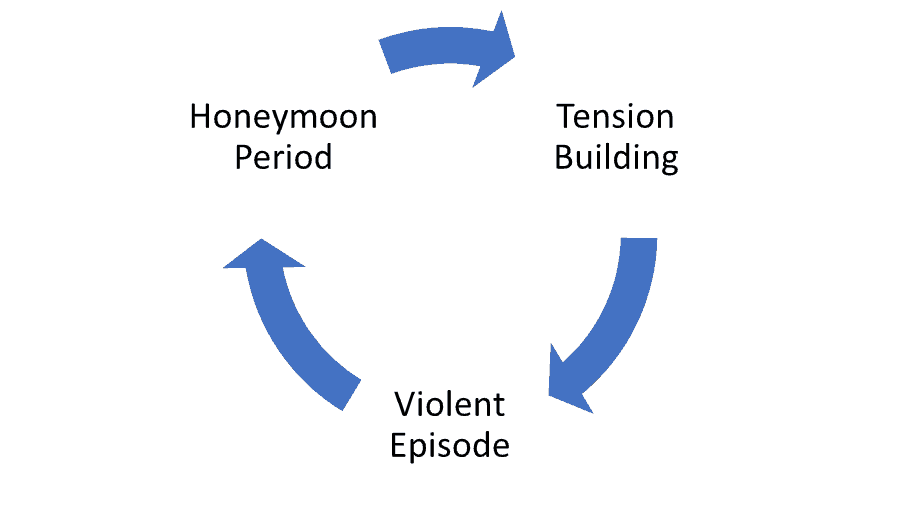
This model was a breakthrough because it provided an understanding of how abusive relationships keep abused partners trapped in the cycle of violence. The honeymoon period offers the partner a glimpse of a “normal relationship” and hope that the abusive behavior has come to an end.
Relationships with narcissists, however, are different. Although they share some similarities to this cycle, they have their own pattern.
This distinction is crucial to recognize because understanding the similarities and differences to the traditional cycle of abuse helps to highlight what makes narcissistic abuse different.
Abused partners are locked in the cycle of abuse in different ways. This understanding can help pave the way to breaking the cycle and helping partners go no-contact.
The Narcissistic Abuse Cycle: Idealize-Devalue-Discard-Hoover
Narcissistic abuse follows a highly-recognized pattern that, at first glance, appears more similar than different to the traditional cycle of abuse.
In the idealization stage at the beginning of the relationship, the narcissist puts his or her partner on a pedestal. The narcissist will shower the partner with excessive praise and attention. This fast-tracks the relationship and cases “soulmate syndrome” and extreme emotional bonding that is very difficult to break.
At some point, the narcissist’s partner will fall off the pedestal–usually due to no fault of his or her own. Narcissists have exceptionally thin skin and consider unusual actions to be criticism. In addition, they react in a more volatile manner to those perceived criticisms than non-disordered people do.
The narcissist will begin to see his or her partner as flawed or even grow bored once the partner begins to show signs of being a “real human.” The devaluation phase then begins. It is characterized by verbal abuse, withholding, humiliation, smearing, and various forms of betrayal on the part of the narcissist.
Meanwhile, the partner has no idea why the relationship has gone from so wonderful to such a nightmare.
Eventually, the narcissist will no longer see any value in the partner, perhaps if the partner is demanding to be treated with respect, for example, or has reacted to this devaluation in a way that the narcissist perceives negatively. The narcissist may discard the partner and the relationship for a new one with someone else who is “new” that he or she can idealize.
Often these discards are temporary. The narcissists usually return to “hoover” their partners back into entanglements with them, if they become convinced there is still something to be gained. This may happen even while the narcissist is in the midst of new overlapping relationships with others, and the cycle can continue indefinitely until the partner has the strength to break it off.
Narcissistic Model of the Cycle of Abuse
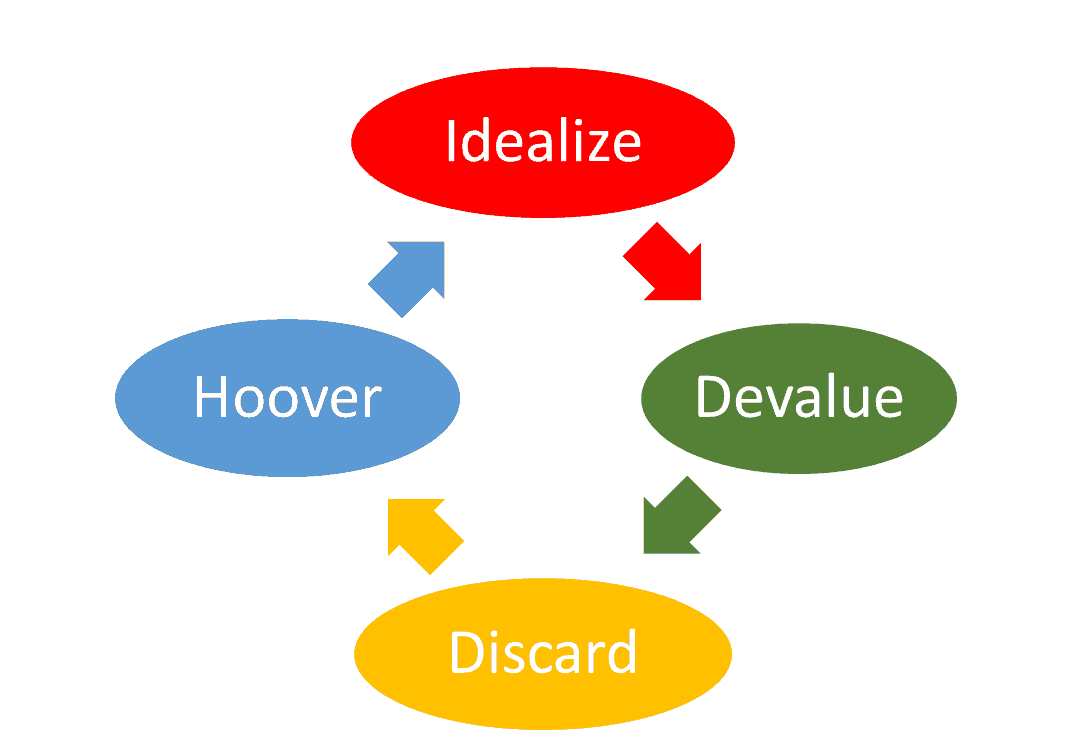
This video explains describes an expanded cycle that explains how our interactions with the narcissists and their distorted view of the world cause them to repeat this pattern again and again.
Cycles of Abuse: Rising and Falling Tension
By comparing the traditional cycle of abuse with the narcissistic abuse cycle, it is clear there are some similarities. These primarily concern the rise and fall of tension within the relationship.
- Rising Tension: Abusers in both the traditional model and in the narcissistic cycle begin to escalate abuse until there is some sort of “incident” that ends the period characterized by the positive atmosphere (either the “violent episode” in the traditional model or the “devaluation” stage of narcissistic abuse). In the narcissistic cycle, there may be many incidents of abuse of varying types during the devaluation period prior to the escalation to a discard and disappearance of the narcissist for a period of time.
- Falling Tension: When narcissists return to hoover, they once again begin to idealize their partners–there is a reprieve from the devaluation. In the traditional model, the falling tension is characterized by a honeymoon period. In both models, positive bonding is promoted that makes it difficult for the abused partner to leave.
A closer examination of what happens within a relationship with a narcissist to cause the tension to rise and fall demonstrates the important distinctions between these relationships and traditional abusive relationships.
Narcissists Flip the Script and Inflict Further Forms of Psychological Abuse
Mental health counselor Christine Hammond proposed another model of narcissistic abuse that takes into account the motivations of narcissistic abusers. When applied to the narcissistic cycle of abuse, it further highlights the difference between that cycle and the traditional cycle.
Narcissist’s Motivations in the Cycle of Abuse
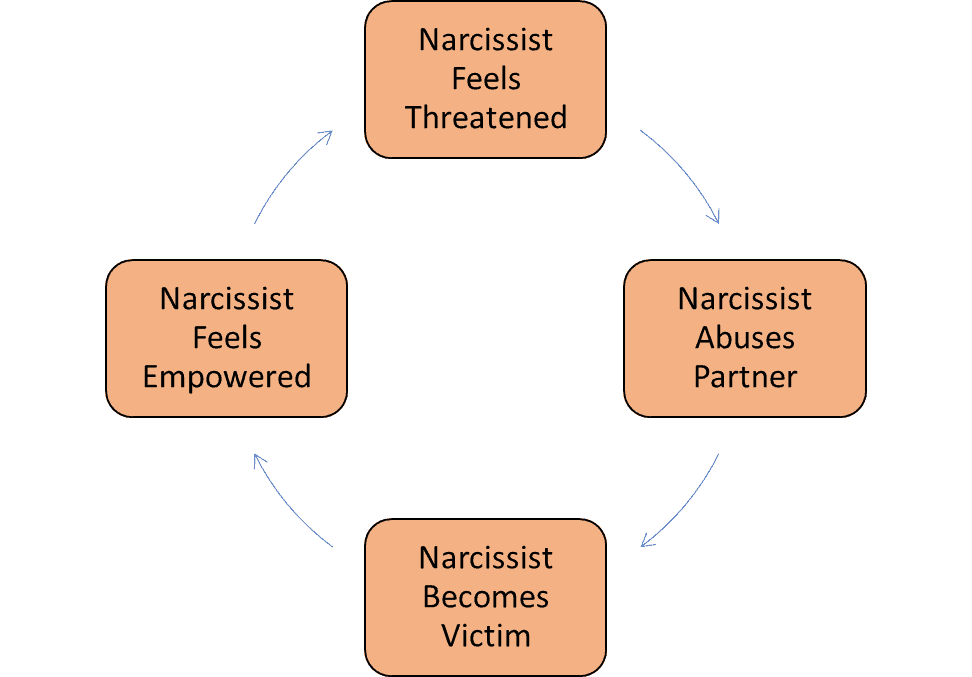
Hammond explains that at some point in the relationship, the narcissist begins to feel threatened by something that his or her partner has done. This is the tipping point when the abuse starts.
What her model contributes to the understanding of the narcissistic cycle of abuse is a deeper understanding of why and how the traditional model of the cycle of abuse is not adequate to explain why people stay in relationships with narcissists.
The traditional model explains that partners in traditionally abusive relationships stay in the relationships because the honeymoon period convinces them that there is no longer a reason to leave. The partners believe the abuse is over. Abusers feel remorse for their outbursts and then return to try to woo their partners back with promises to change. This is what kickstarts the honeymoon phase.
Although partners in relationships with narcissists may also hope that the narcissist will change once the pattern repeats, the narcissistic abuse cycle describes how narcissists entirely flip the script to lock their partners in through other methods that are not present in traditional abusive relationships.
Narcissists and the Games They Play
Narcissists feel victimized by something that their partners have done. They feel they are justified in treating their partners negatively and punishing them or turning elsewhere for narcissistic supply.
The partner, meanwhile, is baffled. The more that the partner asks questions or makes demands to be treated with respect, the more the narcissist feels victimized and wronged.
Eventually, the narcissist will reject the partner. This results in a silent treatment or discard. The narcissist may engage in a smear campaign against the person they abused.
This is often not the end of the relationship, however.
Why does the narcissist return? He or she needs attention and the partner may be an easy source of supply. It may stroke the narcissist’s ego that they can get away with treating someone so horribly and then return so easily.
The partner is psychologically bound to the narcissist due to many of the devaluation tactics that have conditioned him or her that what has happened is his or her fault, and the partner will try to appease the narcissist if only “things will go back to the way they used to be.”
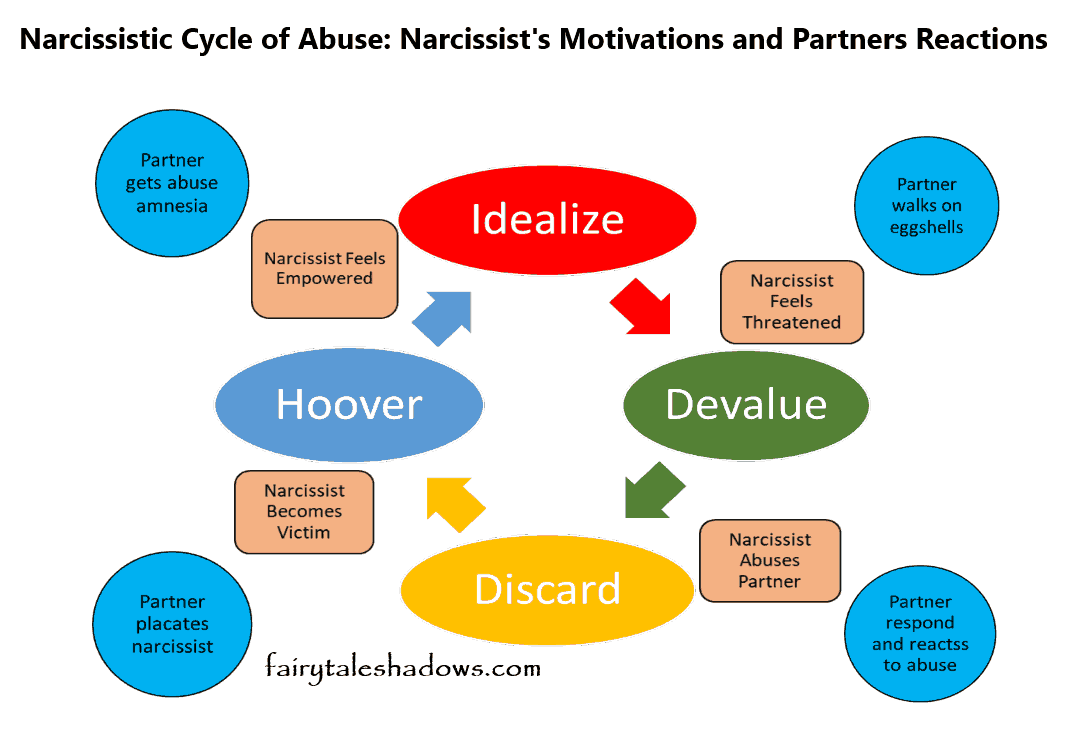
This is the opposite of what happens in a traditional model where it is the abuser who feels remorse and attempts to hold the relationship together. Narcissists, in contrast, rarely apologize or feel as if they have done anything wrong.
In the traditional model, Walker notes that the partners often feel resentful about being locked in the relationship by this cycle.
This is not so in narcissistic relationships. Unlike in the traditional cycle of abuse, narcissists are able to hide the fact through this pattern that abuse is even occurring. Narcissists are able to make the partner feel responsible for how the relationship has gone awry.
Because they absorb the narcissist’s version of events, victims of narcissists may often get abuse amnesia and have fewer negative emotions toward their own abuser, a feature orchestrated by the narcissistic abuse that is itself abusive.
The cycle continues through the continued control of the partner’s behavior by the narcissist through a very special combination of emotional abuse tactics not seen in other types of abuse models.
NOTE: Apparently, I am not the only one to notice this pattern. I would like to give credit to my friend Hugh for also taking Hammond’s model of narcissistic abuse cycle and applying it to the idealization-devaluation-discard cycle.
Don’t forget to check out these resources on the website while you’re here:



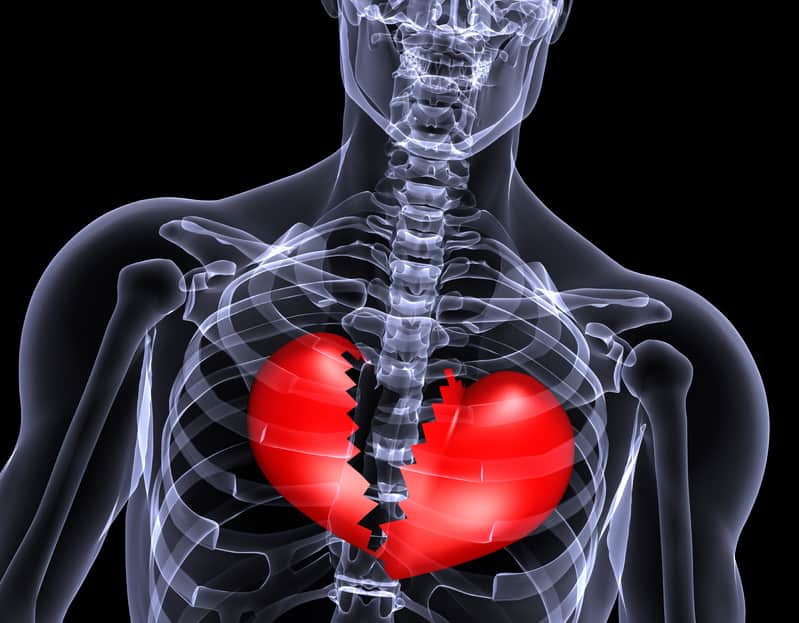
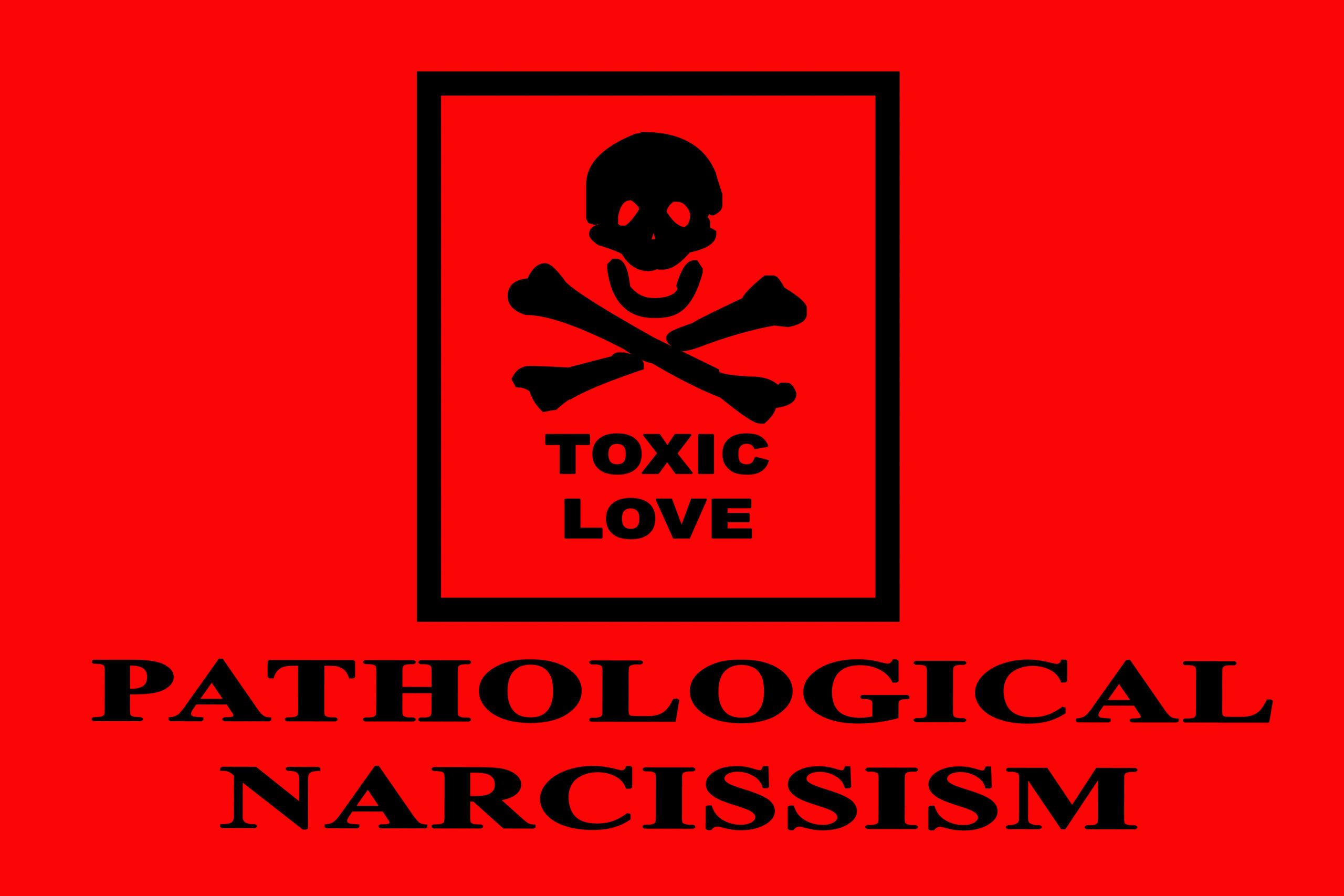
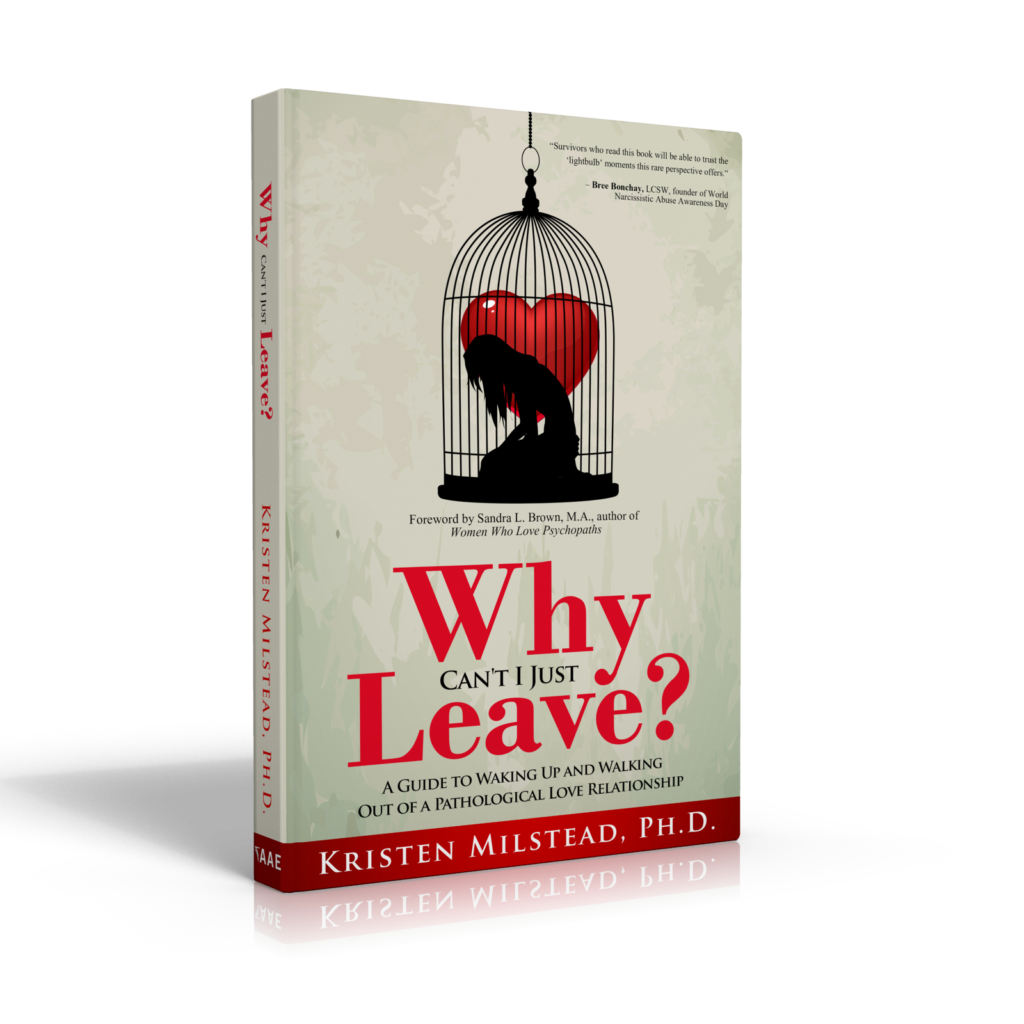
28 Comments
Kevin
I tried to post something and not sure what happened so I’ll just get to the point.
I haven’t dated in 14 months. I’ve been in relationships for decades. I always wanted a family which was the driving force to stay in abuseive relationships, as well being highly empathic, wearing my heart on my shoulder, and being a man (and thinking I have to be the strongest one in the room or I’ll be perceived as weak and undesirable) I took pride in the fact that I could “stick it out”. This was the worst thing I could do.
Being a man and also having to go through 30 of my 50 years within the throes of abuse both in childhood and also in my adult life has been devastating to say the least. Sure, I’m a survivor, and I’m actually more or less successful in life. But I have now children and no family like I dreamed about.
So anyone here please hear this. Do whatever you can to do this:
1) examine you’re OWN narcissistic behavior and try to kill your pride each day. This is important lest you yourself become the victim and then abuse others which happens way too often
2) you can’t save an abusive narcissist, you can’t and it will fail.
3) you must leave. Prolonging it will make it worse. Yes it will will rip your heart out, but it’s easier to put back in when it’s still a heart rather than just waiting till your heart is destroyed.
4) seek to thrive not just survive. Love others with passion and sincerity. This is a must do if you want to heal: to love again.
5) forgive yourself and love yourself, this is different than being entitled so know the difference. I would out this first but for me it was hard to get to this one.
6) gender does not matter. Woman abuse men as much as men abuse women. Ladies don’t fall into this trap thinking it’s all about men abusing women. Otherwise you have to go back to number 1 on my list and see the part about you becoming the abuser and victim.
Don’t let the forces of negativity, fear, and evil win. I still suffer daily from this. If you are in this….get out now don’t wait. You can’t fix an abuser.
Jill Matthews
I wish I could follow your advise .it’s so hard. Thankyou for sharing, I’m sorry that you also had to experience this horrible thing
Kevin
To those of you who are trapped in this cycle, let me just say first of all my heart is with you. I have fallen into this pattern over and over and the worst was with my ex fiancé. We separated about 3 years ago and then of course I feel into it again, this seems to be typical based on everything I’ve ever read about.
Currently I have not dated in 14 months, this unfortunately is a record for
J vandk
I’ve been. There. Divorce d after 24 years and cheated on 6 times it gets worse not better. And they use the kids. To
Kate
You are blessed more than you know because you got out with only 1 year of abuse. The ones who go thru years of it are so damaged they have no capability of having anything but unhealthy relationships. Thank God you got out while the getting was good. Enjoy your baby girl my friend. There is hope for you both.
V
How do I get out of this cycle
Tracy D Kelso
I’m currently in a heated battle with my husband whom this fits to a T! He’s convinced my daughter who is 21 that I’m on drugs again because of my past addiction. i have been clean for over 8 years, instead of owning up to his mental abuse and manipulation he has created a very dramatic tale and being that my past is the past it’s caused damage. He’s never wrong and just today i caught him on a dating and sex website but it’s not him even though it’s his username and exact email he’s going to lie instead of tell the truth! i’m broken and lost
Kristen Milstead
Hi Tracy: I’m so sorry for what you are going through. The best thing, as you already know, is to work toward trying to move toward thinking about if you can leave if the relationship is abusive. The damage will continue and only get worse. It is possible to do and there is a path on the other side that leads to a better life. Please stay strong! -Kristen
Joe_2020
These “people” are just self destructive with no compassion for anyone else get out of there and go no contact asap
Teresa
I’ve been reading this blog for awhile and like many others who come here, I was seeking answers. And I know, Kristen, that you’ve heard this a million times an will hear it a million more, but although there are slight differences in all of our stories, the script is remarkably the same for all of us.
I was only with my N-ex for a little under a year yet the damage that he has wreaked, and still continues to do, is immeasurable. I became pregnant in that time, you see. And now we have a daughter. When you first started to post your blog, I was giving birth.
I realized there was something wrong long before I had a name for it. And I left him before I even knew what the word was. My daughter was my saving grace because I KNEW deep in my soul that if I stayed, she would suffer for it. At the time I still believed I had brought all of it onto myself. There was obviously something wrong with me because, after all, he kept telling me so. If only I would just love him the way he deserved to be loved. Then he would kiss me, then he would hold me, then he would finally love me.
But only if I earned it.
And then I realized: What if he did the same to our daughter? Said the same things to her? After all, regardless if I was at fault or not, SHE was not. My daughter was innocent, she didn’t deserve that. I’m sure you see the disconnect, right? The perfect cognitive dissonance. If all of it WAS my fault then why would I be so scared he would treat our daughter that way? We were two separate beings, right?
But no, deep in my gut or soul, or whatever it was that whispered to me to get out, to just LEAVE. There was no agreement between what that voice whispered and what I was trained to believe. The first time I felt her kick, I knew. Get out, get out, get out. I heard that every time her foot landed against my lower belly. I somehow knew he saw me as an extension of him, and he would see her the same way. We were not separate, not different, and she would be doomed if I stayed.
So I left.
But everyday I suffer. Some days are worse, some better, but there’s no escaping, no leaving. I can disengage, have limited contact, go gray rock, etc. But our daughter keeps us connected. We live in the same town, he is a 5 minute drive from my house. He knows where I work. And I am limited by what the court allows.
He has punished me, he has used guilt, harassment, threats, etc. Sometimes the thought that I have 18 more years of this makes me despair.
I am extraordinarily lucky in some respects. Funny how life can be a trade-off. I wouldn’t give up my daughter for the world, She is my light. I also have a mother who runs interference and is not fooled by him at all. And an attorney who called my ex a narcissist long before I ever mentioned it.
Anyway, thank you, Kristen, for all that you do. I don’t know how much comfort it gives you for me to say this, but there may have been more than one reason for your journey; perhaps, to light the tunnel for others like me who are still going through it. But really, you never stop being a survivor do you? You can stop being a victim, but you will always be a survivor.
Kristen Milstead
Hi Teresa: Thank you so much for sharing your story here. I do see the cognitive dissonance you speak of regarding yourself and your daughter. It seems that for yourself, he had conditioned you to view it as a normal part of your time together, but when you pondered how he would treat your daughter you could view it objectively and yet it was the exact same behavior so it caused you to see the two different views. Seeing it from your daughter’s point of view allowed you to break through the spell. You describe it so well and you are so courageous for being able to break away. I am glad you have such a good attorney who understands what is going on and that you have your mother for support– and that you have your daughter too. You are too kind with your words. I’m so glad to know that my articles have been so helpful to you. Take care of yourself. -Kristen
Elizabeth
Thank you so much for explaining everything so well and completely. Please keep it coming!
Carol Feiner
This article perfectly describes what I went through for decades and I thank you for clearly mapping out the steps.
Kristen Milstead
Hi Carol: You’re welcome, and thank you for reading! -Kristen
Carol Feiner
This article perfectly describes what I went through for decades and I thank you for clearly mapping out the steps.
Kristen Milstead
Hi Carol: You’re welcome, and thank you for reading! -Kristen
Searching for hope...
Hi, I wanted to reblog this but don’t see that option as available. I see FB, Tweeter and Google….I will copy and paste but let me know if I’m missing something.
Thanks again!
Searching for hope...
Hi, I wanted to reblog this but don’t see that option as available. I see FB, Tweeter and Google….I will copy and paste but let me know if I’m missing something.
Thanks again!
Kristen Milstead
Hi! Ah, I’m so honored. WordPress informed me I can’t use the “Press This” button anymore since I have Plugins. :/ I don’t know what that’s about, but it now involves me doing some alternative through GitHub. I have the “Press This” button in my browser toolbar so I can reblog any article from anywhere though if that helps. I can send you the instructions if you want.
Searching for hope...
Sure! The reblog icon is gone too, FYI.
Kristen Milstead
Yeah, that’s the same thing I guess. I don’t understand why they got removed because I changed something else unrelated. :/
Searching for hope...
I’ll email you.
Searching for hope...
I’ll email you